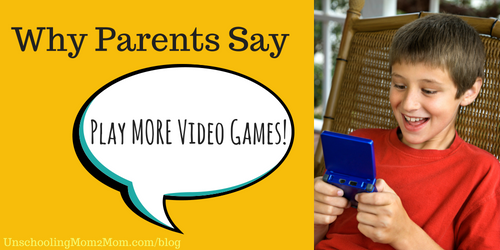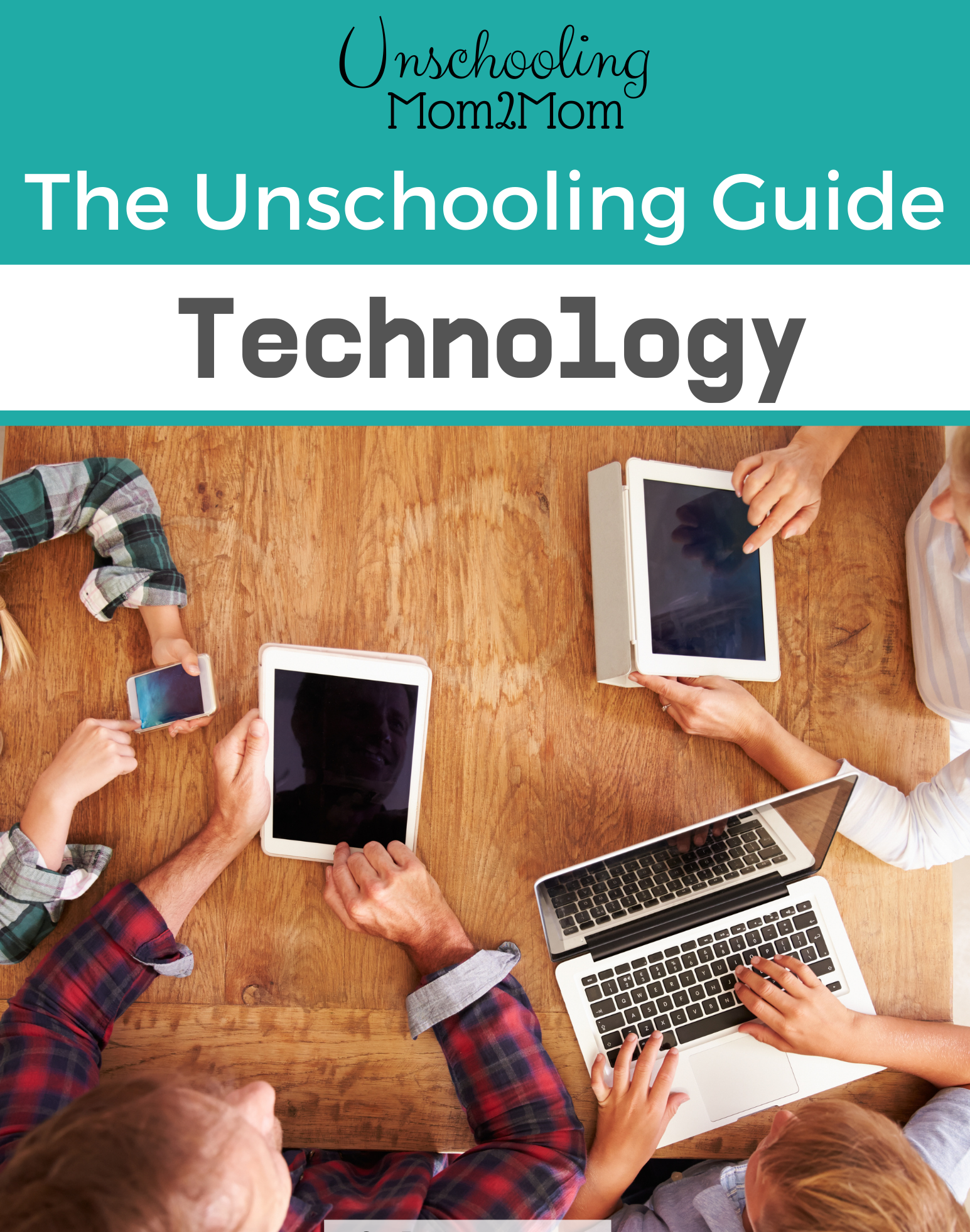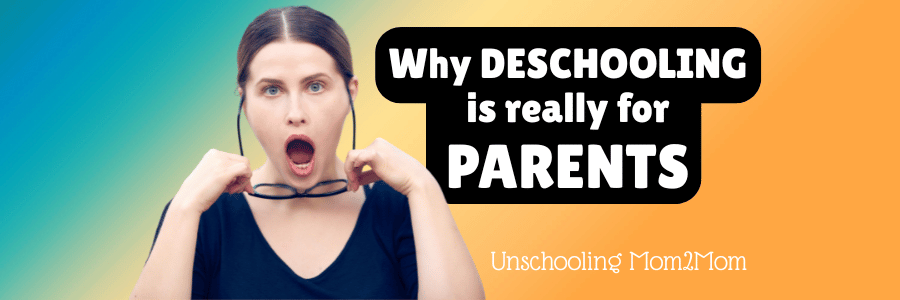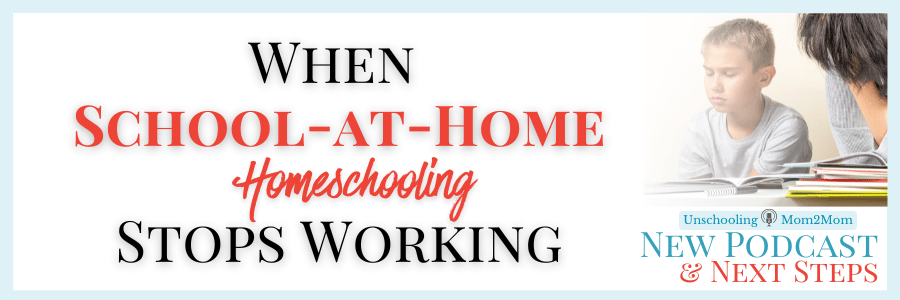Why Playing Video Games Can Be GOOD For Kids!
Have your children experienced trauma?
Was bullying one of the reasons you've removed them from school?
Roya Dedeaux, LMFT, shares seven reasons why parents should consider encouraging (rather than discouraging!) their children from playing video games.
Play MORE Videogames?
Playing video games can be one of the ABSOLUTE BEST THINGS a kid can do after undergoing trauma, abuse, or even "just" experiencing a difficult time.
Here's why:
1. We deal with our issues even when we don't talk about them. Our brains are processing. We don't always need to do it out loud. Have you ever been troubled about something and gone to bed, then the next morning you wake up with a solution?
2. For kids, especially, having a sense of power when they have gone through abuse or trauma is really, really important. Video games and play are EXCELLENT ways for kids to get a sense of empowerment and mastery. They literally have the controls in their hands. I can't stress how important that is.
3. We can't talk about heavy topics all the time. Our brains need a break. Use video games as a distraction and see that as a good and necessary thing!
Unschooling Guide: Technology
The 25-page full-color magazine-style PDF will help you dive a little deeper in this concept of embracing technology.
Society resists everything that's new - and we've absorbed a lot of the messaging against technology. Learn more about what that means so you can hop off the mainstream anti-kid conveyor belt, and do what's best for your family.
This Guide will help you!
4. Studies have shown that after trauma, video game playing is one of the best ways to minimize potential PTSD symptoms, particularly flashbacks and unwanted sudden recall. It does not diminish a person's ability to recall details when they want, but increased game play helps with unwanted memories. This has been a huge benefit in the field of trauma work!!!
5. Game play of all types can be a foundation for healthier relationships, especially if they don't have good attachment or have a reason for distrust. Accomplishing goals together, seeking out resources together... these are valuable potential tools for the adults, as well. I often play games in therapy sessions to build rapport. There's science about why it works - but anyone who's ever played a game with anyone else already knows this!
6. Video game play provides tools for resilience - social, emotional, mental, and physical resilience. You gain optimism, seek out allies, use resources... Again, this skill is so important for all kids, but especially kids who have gone through trauma.
7. When you value their interests you are showing them you trust and respect them. When kids are abused, it shakes their foundation of the certainty of their identity. It's even more important for them to learn how to trust themselves. A relatively easy way to do this is to trust how they choose to spend their time.
I can't think of a better tool for kids who have been through abuse than playing a LOT of video games with the trustworthy adult in their life.
Roya Dedeaux, author, therapist and grown unschooler living in Southern California with her husband, kids, and assorted chickens and dogs.
Roya has a M.S. in Counseling and a B.A. in Recreation and Leisure Studies. She is a Licensed Marriage and Family Therapist (#95302), with a private practice in Los Alamitos, CA, and does long-distance counseling for homeschoolers.
She believes strongly in the importance and power of play for all ages, and has spent the majority of her personal and professional life inspiring others to become more playful.
Find out more about her book,
“Protect Their Passions, ” and other ways to work with Roya at her website, www.royadedeaux.com.












